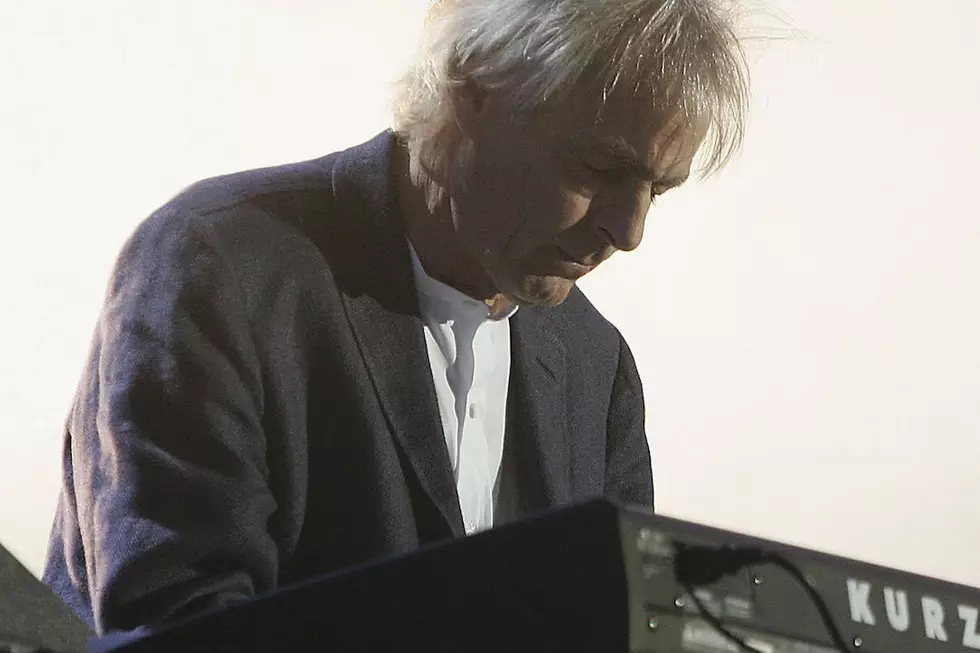
How a Pink Floyd Concert Brought Down Venice’s Government
Since its birth, rock music has been seen as a revolutionary force and an agent of social change. But Pink Floyd’s show in Venice, Italy, on July 15, 1989, unintentionally resulted in the mayor and the entire city council resigning in the aftermath of their performance.
The city had arranged for a free concert to take place in Venice’s historic Piazza San Marco (St. Mark’s Square), which would be shown on television in more than 12 countries, according to the Washington Post. The council justified it by saying that Venice “must be open to new trends, including rock music,” the Los Angeles Times reported.
Residents were up in arms even before a note was played, saying that the vibrations caused by the music had the potential to cause harm to ancient monuments. Venice’s clock tower, for example, was completed in 1499, and construction on the bell tower for the St. Mark’s Basilica began in the 9th century.
"Historic centers should not be used for performances that are incompatible with their historic nature," Augusto Salvadori, a former Venice commissioner for tourism told the New York Times. "If they want rock, let them do it in a football stadium, but not in the Piazza San Marco.”
The Stadio Pierluigi Penzo holds 7,450 people, however, and that wasn't nearly enough to accommodate Pink Floyd’s audience. Sympathetic to the city, the band agreed to reduce the volume of its performance from 100 decibels to 60, and performed from a floating barge in a lagoon 200 yards from the square.
Watch News Coverage from Italy
The audience, which numbered 200,000 (only 60,000 people live within the city limits), actually ended up doing the most damage. Officials said that they left behind 300 tons of garbage and 500 cubic meters of empty cans and bottles. And because the city didn’t provide portable bathrooms, concertgoers relieved themselves on the monuments and walls.
Most of the fans apparently were on their best behavior. The only major damage to the square had to do with some marble that had fallen off a group of statues known as “The Judgement of Solomon.” It was undetermined if this was the result of fans or the volume of the music.
Still, the outrage was immediate. "This wasn't a cultural event," former Rome mayor Renato Nicolini told Washington Post, "but a great commercial enterprise promoted by television and the record industry." At a public meeting two days later, Mayor Antonio Casellati took a similar defense, saying that there was “unusual pressure” from RAI, the state-run television network that profited from the concert.
His attempts at spin were drowned out with shouting: "Resign, resign, you've turned Venice into a toilet." The Venetians got their wish. Before the end of the week, the entire city council had stepped down, taking Casellati — who was elected by a coalition in the council — with them.
Weird Facts About Rock's Most Famous Album Covers
You Think You Know Pink Floyd?
More From Ultimate Classic Rock









